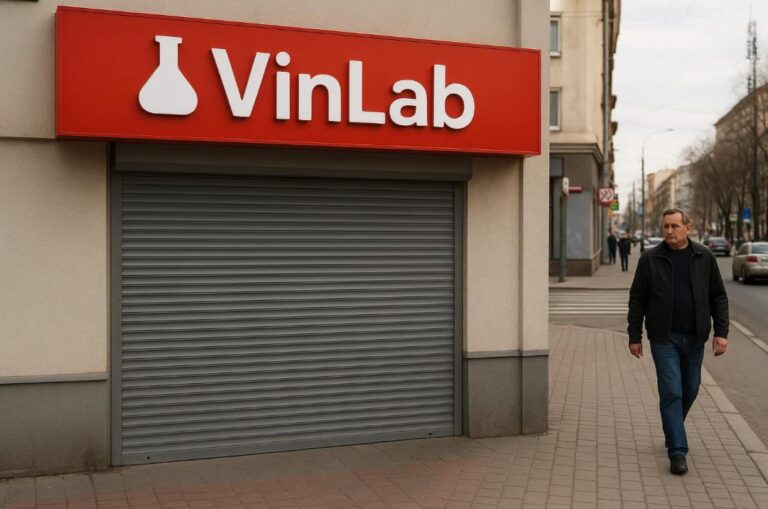
Gasoline prices in Russia may rise significantly in August, according to financial experts cited in russia news today. This expected increase reflects broader trends in life in russia, as economic and seasonal factors combine to drive up fuel costs across the country.
Seasonal demand and harvest fuel consumption
Analysts forecast a price increase of 3 to 3.5 percent for gasoline. This outlook stems from multiple converging factors. One major driver is the annual harvest season, which causes a sharp rise in fuel use by agricultural vehicles. Large-scale farms across Russia deploy fleets of equipment that consume vast amounts of gasoline. Another factor is the summer travel surge. Millions of citizens travel long distances in personal vehicles, significantly boosting fuel demand during the vacation period.
Global oil market pressures may worsen the trend
Analysts also point to possible price increases in global oil markets. If international oil prices climb, fuel costs in Russia are likely to follow. In addition, recent changes in domestic policy could further strain the sector. Government subsidies that once offset production and distribution expenses have been reduced. This shift means gasoline producers may pass higher costs directly to consumers.
Policy shifts add pressure to production costs
The Russian government has scaled back financial support to oil extraction and refining companies. These subsidies previously helped stabilize prices at the pump. Without them, companies face higher operating costs. Industry observers say this creates upward pressure on retail fuel prices across regions. Combined with surging demand, this policy change may worsen affordability for average drivers.
Consumers see no immediate relief on the horizon
Fuel prices are a major concern in daily life in russia, especially for low- and middle-income drivers. The combination of reduced subsidies, high seasonal demand, and volatile oil markets leaves little room for optimism. Experts warn that the situation is unlikely to improve in the short term. This latest development underscores how tightly fuel costs are woven into broader issues shaping life in russia today.






